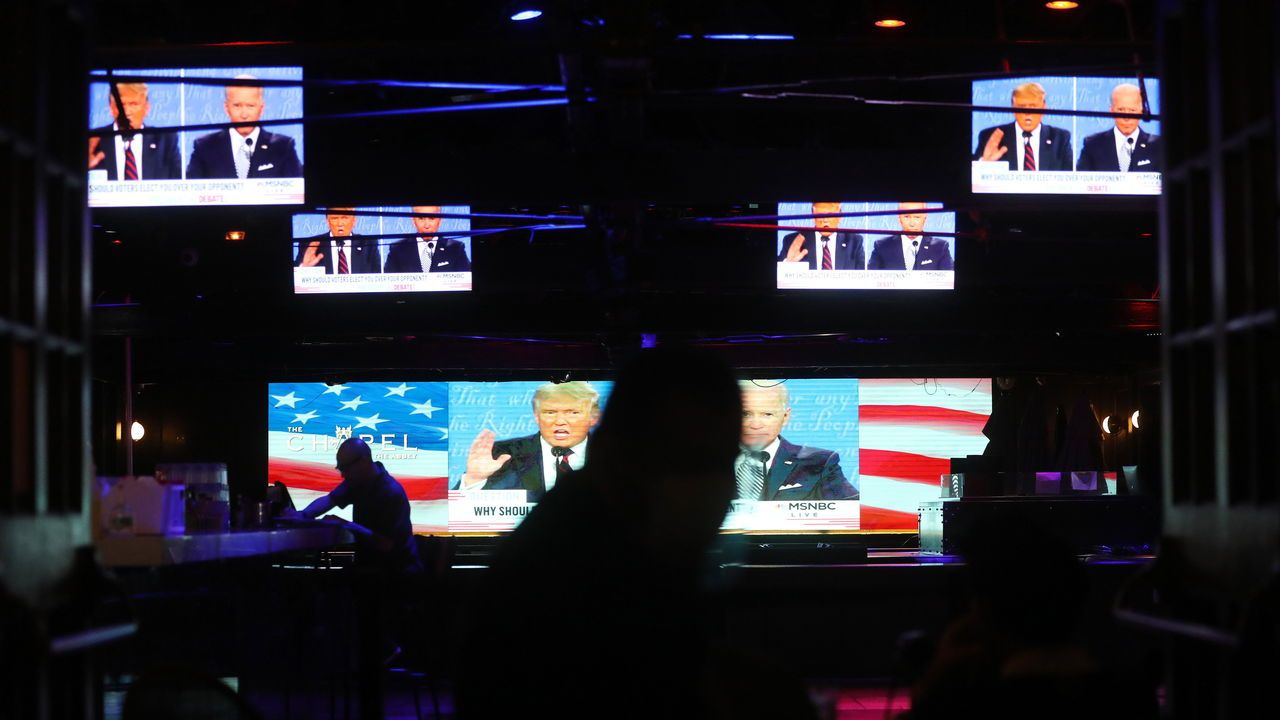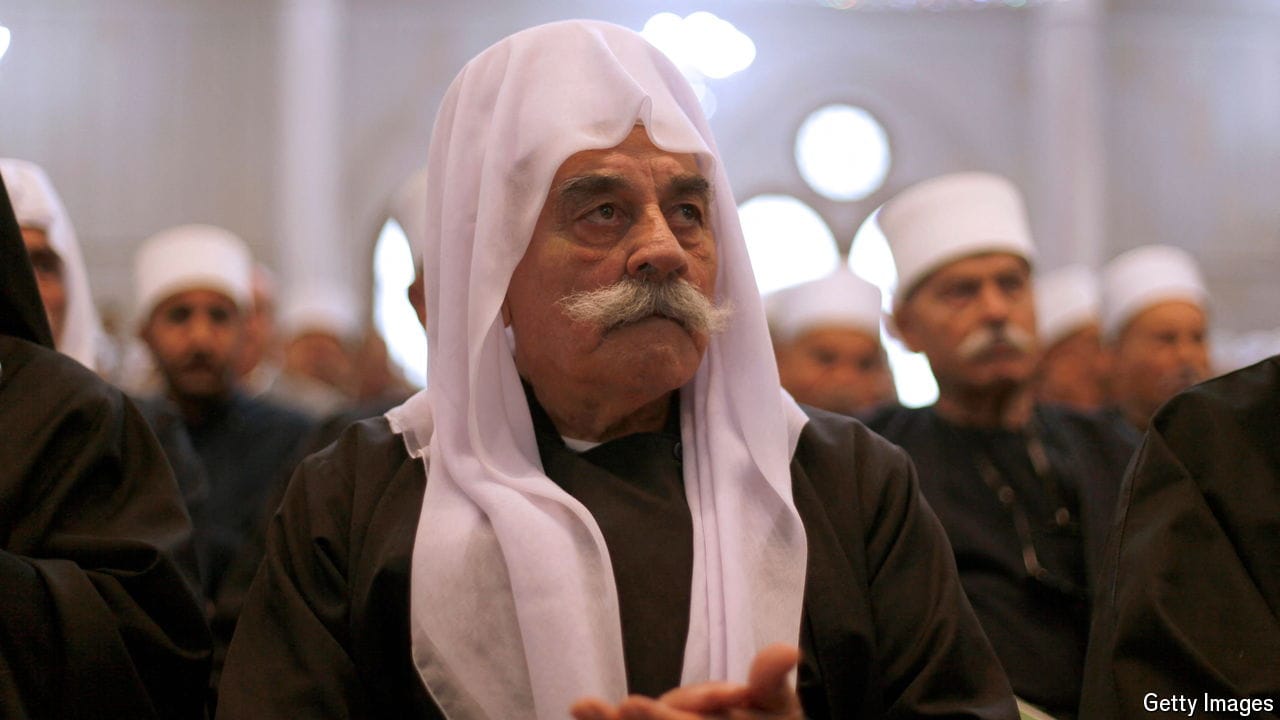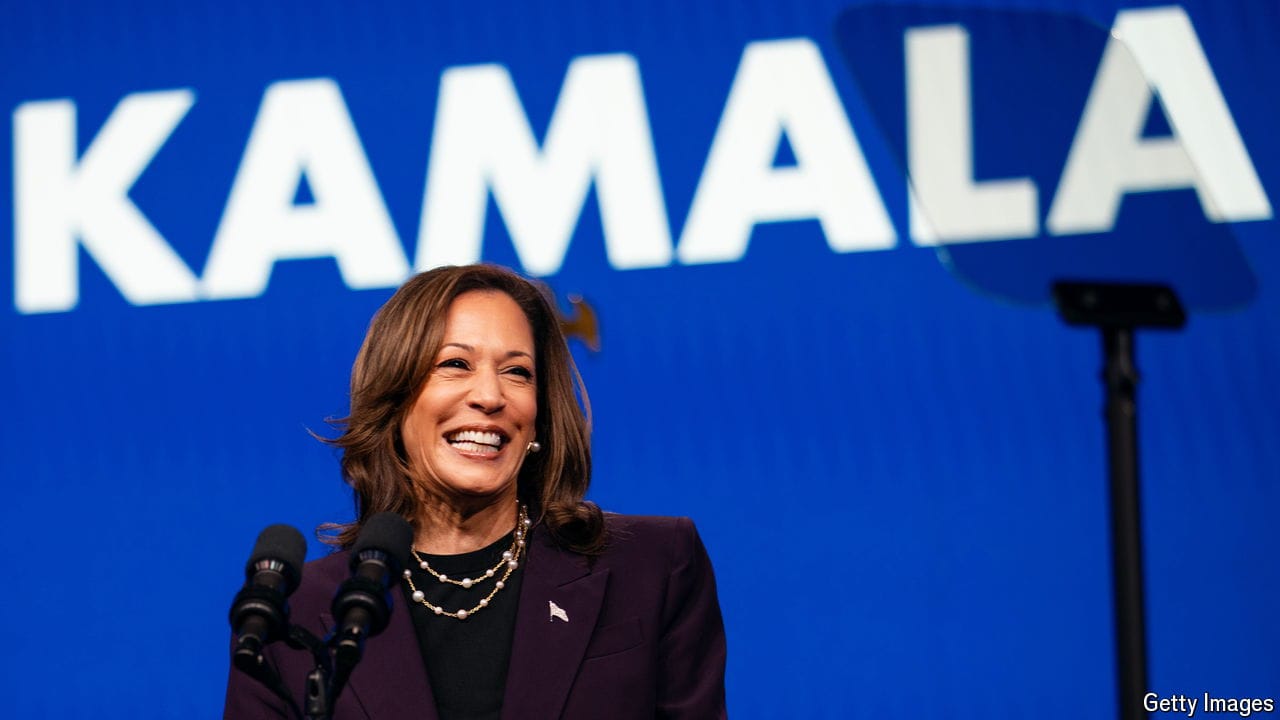How America’s presidential debates are changing this year
Will the Trump-Biden showdowns be an institution’s last gasp, or a new start?

“WE AIN’T DEAD yet,” Frank Fahrenkopf insisted last month on “The Daily Show”, an American TV programme. Jon Stewart, the host, looked sceptical. Mr Fahrenkopf leads the Commission on Presidential Debates (CPD), a non-partisan body whose sole purpose is to organise match-ups every four years. This year his group will have nothing to do with them. In May, after signalling that he might not participate at all, Joe Biden challenged Donald Trump to debate him—on Mr Biden’s terms. Mr Trump agreed. The presidential candidates will face off twice. Unusually, news networks, rather than the CPD, will host the encounters. They will take place months earlier than they normally would. The first is scheduled for June 27th. How will these new arrangements change presidential debates?
Explore more
More from The Economist explains

Who are the Druze, the victims of a deadly strike on Israel?
The religious minority has often been caught up in regional crossfire in the Middle East

Myanmar’s rapidly changing civil war, in maps and charts
Ethnic militias and pro-democracy groups are scoring victories against the governing junta

Who will be Kamala Harris’s running-mate?
She is reportedly vetting a dozen options. These are the top three
Why have so few American presidents been from the West?
Kamala Harris’s nomination would be a milestone for the region
Why the Olympics still has a doping problem
Cheating with drugs has again become an organised affair
Why some Russian athletes will be eligible to compete at the Paris Olympics
Despite antipathy between the Russian government and the International Olympic Committee a handful will compete